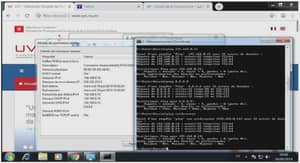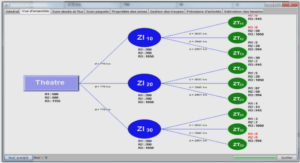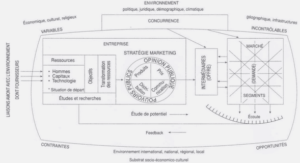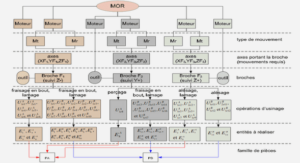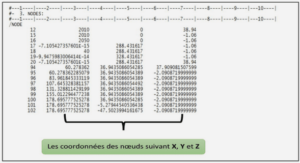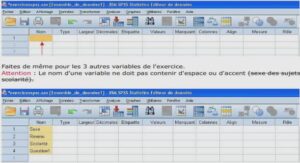Principles of Operating Systems
What is an Operating System?
An OS is a program that acts an intermediary between the user of a computer and computer hardware.
Major cost of general purpose computing is software.
OS simplifies and manages the complexity of running application programs efficiently.
Schedulers
Long-term scheduler (or job scheduler) –
selects which processes should be brought into the ready queue.
invoked very infrequently (seconds, minutes); may be slow.
controls the degree of multiprogramming
Short term scheduler (or CPU scheduler) –
selects which process should execute next and allocates CPU.
invoked very frequently (milliseconds) – must be very fast
Medium Term Scheduler
swaps out process temporarily
balances load for better throughput
Process Creation
Processes are created and deleted dynamically
Process which creates another process is called a parent process; the created process is called a child process.
Result is a tree of processes
e.g. UNIX – processes have dependencies and form a hierarchy.
Resources required when creating process
CPU time, files, memory, I/O devices etc.
Process Termination
Process executes last statement and asks the operating system to delete it (exit).
Output data from child to parent (via wait).
Process’ resources are deallocated by operating system.
Parent may terminate execution of child processes.
Child has exceeded allocated resources.
Task assigned to child is no longer required.
Parent is exiting
OS does not allow child to continue if parent terminates
Cascading termination

